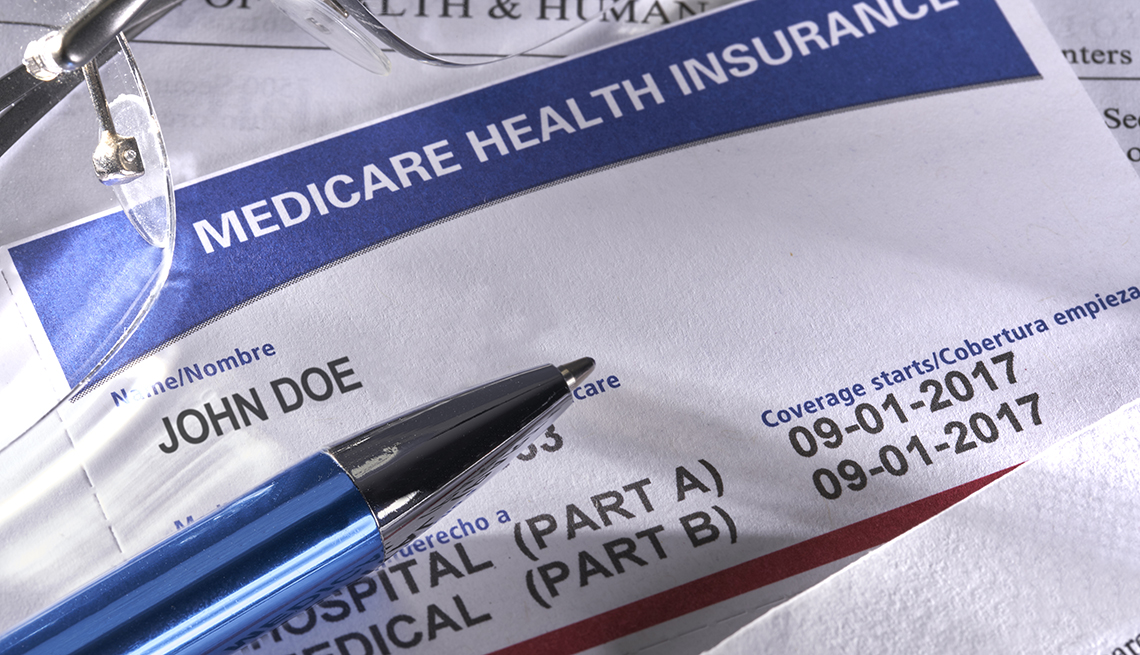
- Select a language for the TTS:
- UK English Female
- UK English Male
- US English Female
- US English Male
- Australian Female
- Australian Male
- Language selected: (auto detect) - EN
Play all audios:
DEDUCTIBLES AND COPAYMENTS MOST DENTAL, HEARING AND VISION EXPENSES, such as contact lenses, eyeglasses, routine eye exams, dental procedures, dentures, routine dental exams, hearing aids
and hearing exams. You can also include the cost of eye surgery to treat defective vision, such as laser eye surgery or refractive surgery to correct myopia or nearsightedness. MEDICAL
EQUIPMENT, including crutches or a wheelchair, that may not be covered in full. Medical supplies such as bandages are also tax deductible. CERTAIN HOME IMPROVEMENTS to accommodate a
disability. For example, you can deduct the cost of constructing wheelchair ramps, installing bathroom grab bars and handrails, and widening doorways and hallways. If the improvement
increases the value of the home, a portion of the expense will not be tax deductible. CERTAIN PSYCHOLOGIST OR PSYCHIATRIST CARE COSTS, even if they exceed Medicare’s coverage limits for
mental health benefits. SERVICES MEDICARE DOESN’T COVER, such as acupuncture or chiropractor visits beyond the limited definition of Medicare coverage. MANY TRAVEL EXPENSES to receive
medical care. But lodging costs may have a daily maximum. See IRS Publication 502, Medical and Dental Expenses, for a full list of eligible expenses and rules. WHAT MEDICARE EXPENSES ARE NOT
TAX DEDUCTIBLE? You can’t deduct the following Medicare-related expenses. COSMETIC SURGERY to improve your appearance unless the surgery addresses problems resulting from an accident,
deformity or disease. LATE ENROLLMENT PENALTIES added to Part B or Part D premiums. NONPRESCRIPTION MEDICATIONS, except for insulin. That includes herbal, nutritional or vitamin supplements,
unless a medical provider recommends them as treatment for a specific medical condition a physician has diagnosed. CAN I DEDUCT MEDICARE PREMIUMS IF I’M SELF-EMPLOYED? If you’re
self-employed, you may be able to deduct premiums for Medicare or other eligible health insurance from your income without having to itemize or meet the 7.5 percent threshold. Even if you
were primarily retired but did some consulting work, you may be eligible to deduct all or part of your premiums. You can qualify for the self-employed health insurance deduction only if both
you and your spouse were ineligible to participate in an employer-subsidized health plan. The tax-deductible premiums cannot exceed the amount of money you earned from your business. The
calculation is more complicated if you received a subsidy for buying health insurance on the federal or a state insurance marketplace. If you qualify, you can deduct premiums for Medicare
Part B and Part A if you’re required to pay them, as well as Part D, Medicare Advantage and Medigap premiums, and eligible long-term care insurance premiums. You can claim this deduction as
an adjustment to income on Schedule 1 when filing your Form 1040. KEEP IN MIND You can withdraw money tax-free from a health savings account (HSA) to pay Medicare premiums after you turn 65,
including premiums for Medicare Part A, Part B, Part D prescription drug plans and Medicare Advantage. However, the IRS doesn’t allow tax-free HSA withdrawals for Medigap premiums. You
can’t make new contributions to an HSA after you enroll in Medicare, but you can make tax-free withdrawals for other eligible medical expenses at any age. You can’t take a tax deduction and
tax-free HSA withdrawals for the same expenses. Return to Medicare Q&A main page





